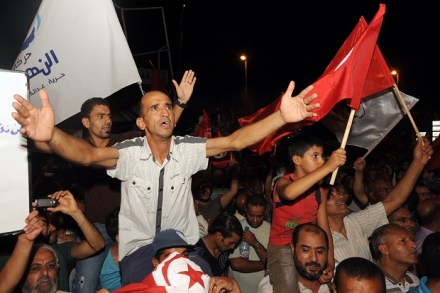Letters: Nurses reply to Mary Dejevsky, and Iggy Pop’s sherry habit
Nursing standards Sir: I share Mary Dejevsky’s concern regarding the impact of tired, overworked nurses on the quality of patient care (‘Short shrift for long shifts’, 6 October). However, it is unwarranted to blame nurses for detrimental work cultures when the contributing factors are complex. Nurses generally do not have a choice about the length of shifts they work. Shift lengths must be determined by patient needs and safety, and 12-hour shifts can be an essential part of their job, but hours of unpaid overtime where they cannot deliver care effectively and safely leave nurses burnt out and demoralised. The Royal College of Nursing’s research showed that nurses are dealing


















